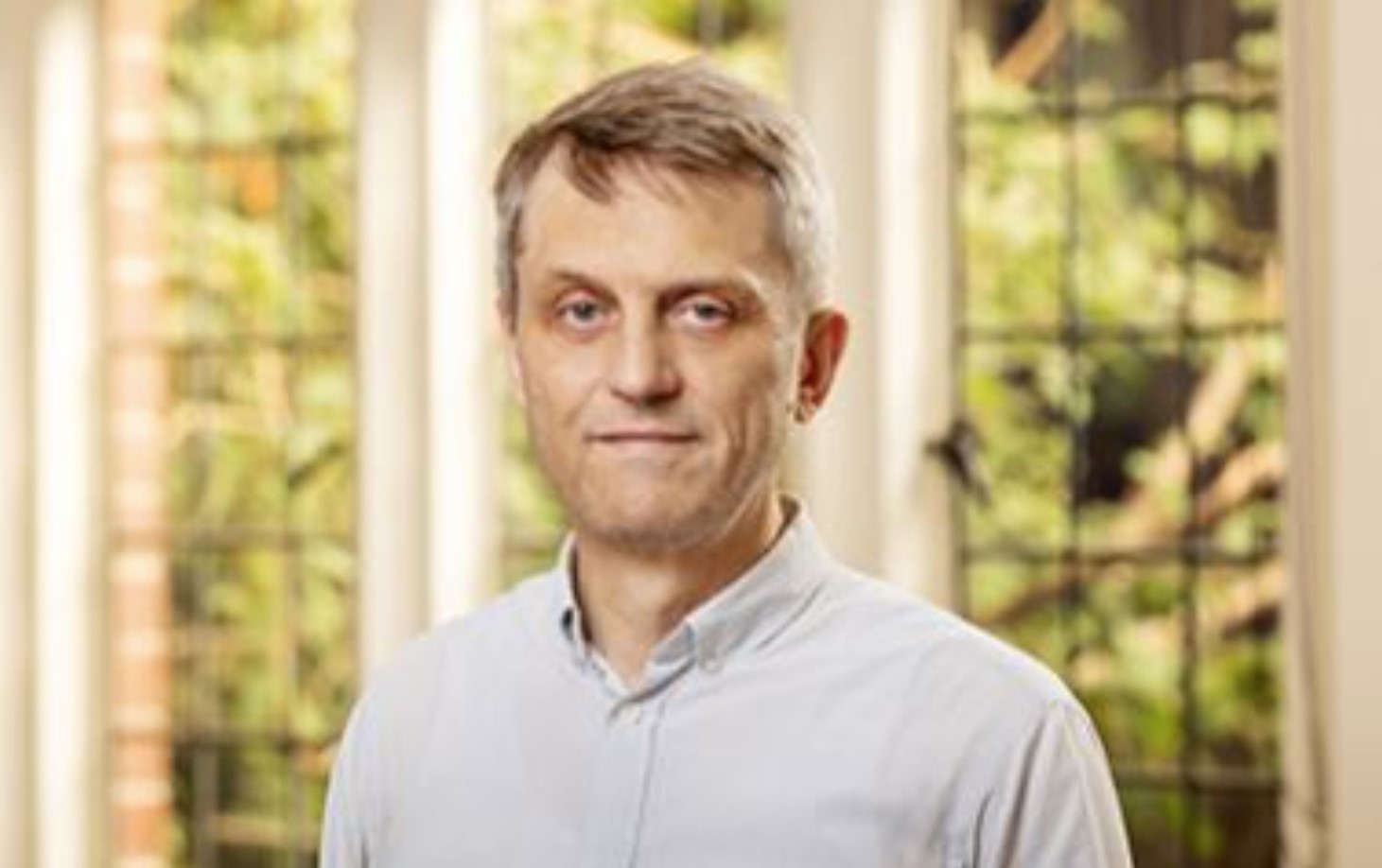SYDNEY – The writing had been on the wall for some time. Unfortunately, the seemingly inevitable confirmation came from Macquarie University that four language courses will be cut: Italian, Greek, Croatian and Russian.
A spokesperson from the university said the decision was made based the changing nature of language and cultural studies in the university sector.
Macquarie University believes it should explore new ways to align the way it teaches with the new national and global context.
Language teaching is to be supplanted by a new ‘global culture’ course. According to the spokesperson, the course seeks to breathe new life into the department, focusing on the challenges of a globalised world and promoting intercultural engagement.
John Hajek, president of the Languages and Cultures Network for Australian Universities (LCNAU), has reacted to the news with regret. Hajek points out that making a statement about the entire university sector makes little sense, especially when the Federal Government is trying to encourage students to study languages at university by offering very low HECS fees for languages.
“It certainly seems that despite claims to the contrary,” Hajek responded, “Macquarie has no real vision for languages.
“Moreover, it’s reducing access to them by eliminating the Languages Diploma, an inexpensive way for students to add a language major to their studies.”
“Macquarie has long demonstrated that it’s a national leader in offering a broad range of languages to its students and the community at large,” Hajek continued.
“Any decision to change this by closing four established language programs will severely impact its reputation and its relationships with important communities that, in many cases, have provided Macquarie with significant financial support to sustain the programs.
“It makes no sense to close them when there is little or no financial cost to Macquarie and would also result in the loss of community goodwill.”
The university’s spokesperson responded to Hajek’s objection by saying that while the university is aware that this change will have an impact on the communities involved, the decision is justified by the declining numbers of students enrolled in language courses.
“Macquarie will no longer be state-of-the-art,” Hajek warned, “And the languages that will be retained are in danger of being lost in a new megastructure.”
The fact that that German has been pardoned in this phase of restructuring catches the eye.
“It’s good that German, which was originally slated for elimination with the other four unlucky languages, has been retained,” said Hajek.
“It’s unclear what the good fortune of German is due to, but it would be helpful if this were clarified and could also be used to help the other four languages.”
Unfortunately, no information on what saved the German program has yet been made available by Macquarie University.
The president of the Sydney Comites, Luigi Di Martino, also expressed bitterness over Macquarie University’s decision.
Di Martino’s disappointment comes after efforts made to avoid it with the help of the Consul General of Italy, the Italian Cultural Institute and Comites.
On two separate occasions, these organisations met with the rector and the dean of the Faculty of Arts, Professor Chris Dixon, with the aim of persuading them to reconsider.
“Since the first meeting in April, it had been made clear to us that the decision to reshape the Faculty of Letters had already been made and that language teaching would be substantially downsized,” Di Martino explained.
“This decision highlights, once again, the importance of investing economic resources in education and cultural diplomacy.
German, initially included among the languages to be eliminated, has been saved thanks to such investments.
“It’s important for Italy to continue investing in Italian language teaching if we do not want to lose ground in cultural diplomacy and the promotion of our country,” Di Martino warned.











